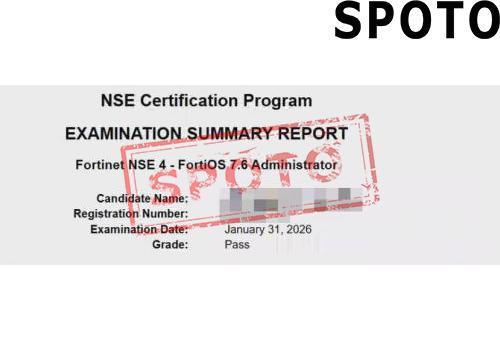
Table of Contents
1. What is a Data Analyst?
A data analyst is someone who helps an enterprise achieve digital transformation or maximize the use of its digital assets through data collection, data analysis, and data visualization.
2. What does a Data Analyst do?
Data analysts are responsible for collecting and interpreting data. Not only do data analysts need to invest a lot of time in processing data, but they also need to communicate their findings to stakeholders. First, collecting data is one of the basic tasks of a data analyst, including conducting surveys, tracking visitor characteristics of the company's website, or purchasing data sets from data collection experts. Secondly, because the data may contain duplicates, errors, or outliers, data analysts need to clean the data. Data cleaning refers to maintaining the quality of data in spreadsheets or programming languages to ensure that your interpretation is accurate or inaccurate. Finally, data analysts need to create and design database structures, select the types of data to be stored and collected, determine the associations between data categories, and study how the data is actually presented, and look for patterns or trends in the data that can answer the current questions.
3. Career Insights: Salary, Outlook & Related Roles
(1) Data Analyst Salary
According to ZipRecruiter data on May 18, 2026, the average annual salary for an entry-level data analyst in Los Angeles is $87,837, or about $42.23 per hour. This is equivalent to $1,689 per week or $7,319 per month. Salaries range from as high as $150,851 to as low as $35,558, but most entry-level data analyst salaries currently range from $64,100 to $104,000, with the highest earners (90th percentile) making $120,681 per year in Los Angeles. The average salary range for an entry-level data analyst varies widely (as much as $39,900), which suggests there may be many opportunities for advancement and increased pay based on skill level, location, and years of experience.
(2) Job Outlook of Data Analyst
As data becomes an emerging production factor, all walks of life rely more on data-based decision-making, and the employment prospects of data analysts are bright. The U.S. Bureau of Labor Statistics predicts that between 2023 and 2033, data science positions (including data analysts) will grow by 36%, far exceeding the average for all occupations.
(3) Similar Occupations
- Business Analyst
- Data Scientist
- Business Intelligence (BI) Analyst
- Operations Analyst
- Marketing Analyst / Digital Analyst
- Data Engineer
- Analytics Engineer
- Machine Learning Engineer
- Financial Analyst
- Healthcare Data Analyst
- Product Analyst
4. What Are the Qualifications to Become a Data Analyst?
(1) Obtain a Bachelor's Degree
Like most positions in the data analytics industry, a data analyst career typically begins with a bachelor’s degree in mathematics, statistics, or data and technology. Additionally, a master’s degree or industry certification can enhance your career prospects. Many companies also prefer their chief technology officers (CTOs) to have a master’s degree in computer science, data science, or information systems or information technology.
(2) Develop professional skills
In the process of data analysis, data analysts often have to use a variety of tools to analyze and interpret data. Therefore, to become a data analyst, you must be proficient in some of the most commonly used tools in the data analysis industry, including Microsoft Excel, Google Sheets, SQL, Tableau, R or Python, SAS, Microsoft Power BI, and Jupyter Notebooks, etc.
(3) Earn Industry Certifications
Having certain certifications can be helpful when applying for data analyst positions, as they can help you develop key skills and knowledge required for the position and make your resume more attractive to employers. Experience in the data analytics industry is essential to your job search, so you should receive on-the-job training. Many employers want to hire people who have obtained certifications at a specific company.
Oracle Autonomous Database Cloud 2026 Professional certification can prove that you are not only familiar with database service management on mainstream platforms (such as AWS, Azure, and Oracle Cloud Infrastructure), but also can efficiently complete database deployment, backup, recovery, and performance optimization, and can also achieve automated operation and maintenance and infrastructure as code (IaC) through tools such as Terraform and Python scripts. It fully demonstrates that you are qualified for the position of data analyst.










